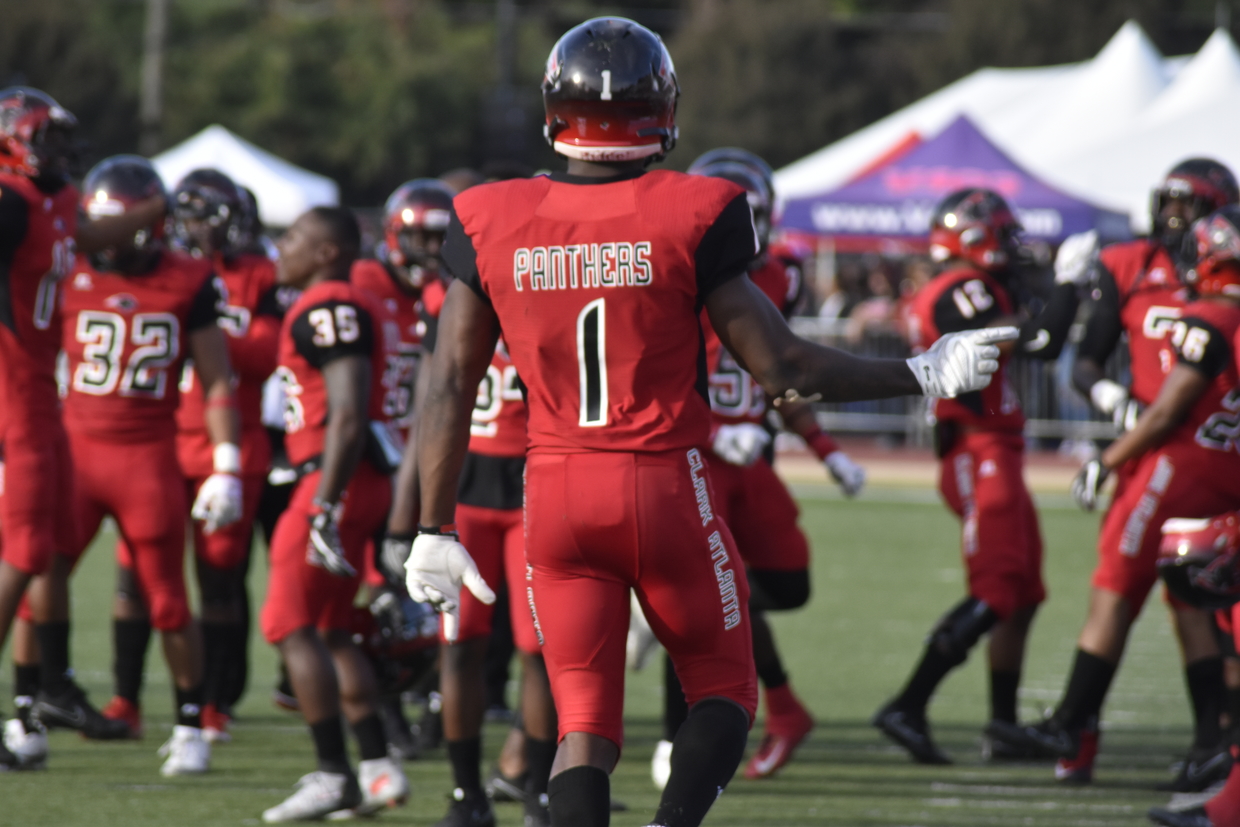Hampton University issued a scathing response to the MEAC making what they described as “unreasonable demands” and subsequent punishments after the school made plans to leave the conference and join the Big South.
In a four-page letter, the university also refuted reports that it opted out of playing MEAC football opponents in 2018, calling them “inaccurate and misleading,” saying the school has offered to play a full schedule next season.
University officials said the conference has refused to discuss its departure from the MEAC. Instead, Hampton alleged, that the league has issued several demands that Hampton finds “totally unacceptable.
“I am appalled that, after a 22-year rewarding and productive relationship and numerous conference championships, the MEAC wants to hang Hampton University student-athletes out to dry, said Hampton senior vice-president Paul C. Harris. These are the same talented young people whose NCAA appearances have resulted in millions of dollars being poured into MEAC coffers,” Harris said.
Hampton announced in November that it would be moving to the Big South.
The school cited a letter sent to the MEAC office in December that indicates its intention to play a full eight-game MEAC schedule and remain eligible for next season’s Celebration Bowl.
“Instead of accepting those favorable offers, MEAC set into action a list of unreasonable demands that were sealed officially on Feb. 5, in a letter from Dr. David Wilson, current chair of the MEAC Council of Chief Executive Officers,” the letter said.
Hampton then outlined seven actions the MEAC took that it believed was unreasonable, which include:
1. Hampton University must schedule a full 8-game MEAC slate for its 2018 football season. (This demand hamstrings Hampton University from scheduling games with its future conference teams in the Big South.)
2. Hampton University will not be eligible for any MEAC championships following its effective date of withdrawal from MEAC. (This demand eliminates any opportunity for Hampton University to earn a bid to a bowl game in football, an automatic invitation in basketball for winning a conference championship, and from being considered for an at-large bid in other sports.)
3. Hampton University will not be eligible for any conference superlative awards such as Player of the Week, Coach of the Year, etc. (This demand penalizes every Hampton University student athlete and coach who excels on the playing field or in the classroom.)
4. Hampton University will be a non-conference opponent for all MEAC member institutions. (This demand makes Hampton University the only independent college in NCAA Division I football, effectively ending hope of qualifying for a bowl game.)
5. Hampton University is required to compete in a full (8-game) MEAC football schedule for 2019 — 2021 unless both institutions agree not to play. (This three-year demand is impossible, since Hampton University will belong to the Big South and will schedule 8 conference games these seasons. In addition, Hampton University is being forced to pay financial losses caused by failure to play MEAC opponents.)
6. Hampton University will not be eligible for any MEAC revenue distribution from MEAC subsequent to June 30, 2018, including any future revenue that would otherwise be obligated to a current MEAC conference member. (This demand means that Hampton University would receive no more revenues from MEAC, including event revenue sharing, from playing a member school during the remainder of this year.)
7. MEAC is assessing a $250,000 financial penalty against Hampton University for its failure to comply with MEAC Constitution and Bylaws. (This demand has no basis in the MEAC Constitution and Bylaws, and means that Hampton University would have to take money away from student athlete programs.)
“Relegating our student-athletes to second class status within MEAC violates our core values,” said Harris. “Hampton University’s decision to join the Big South was animated by what is in the best interest of the university,” Harris said. “It’s about long-term growth, increased exposure and greater opportunities for strategic partnerships.”









Comments 1